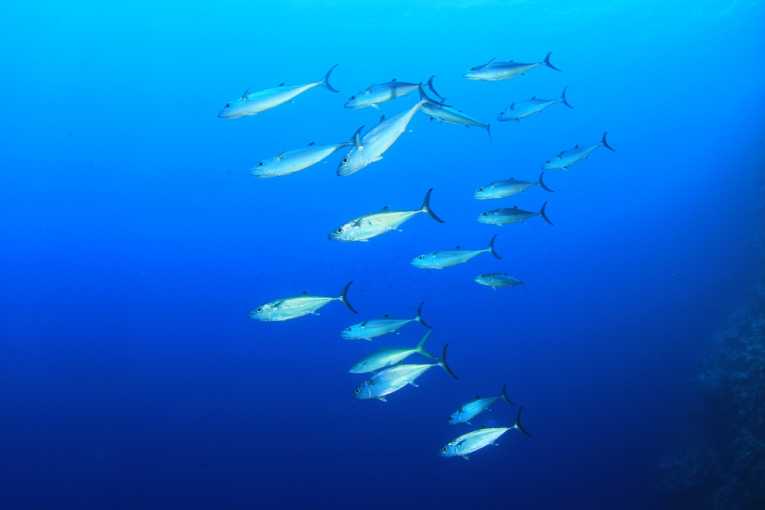Analysis of European decision makers and mathematical models of the likely outcome of current policy has produced alarm bells for fisheries. Researchers at the University of York Environment Department published, "Fisheries mismanagement," in the Journal of Marine Biology Bulletin.
Professors Colin Brown and Callum Roberts, et al looked at every TAC (total allowable catch) from 1987 till the present. This covers most of the period for which the Common Fisheries Policy has ruled the waves. Eleven species' stocks were examined and over-allowance was made in 68% of cases.
Cod, herring, plaice, haddock, hake and other staples were included. This was where scientific recommendations on catch levels were exceeded, with no effect measurable either after the 2002 reforms. The models were driven by the effect of these political actions on sustainability of each of the species concerned. Vital for the forthcoming decadal European Fisheries policy review, ten years after 2002, is the need for effective reforms on management, disregarding the political favouritism to avoid a predicted collapse of the stocks within 40 years.

Bethany O'Leary at work; Credit: The University of York
Bethany O'Leary concludes the dismal review with, "Competitive bargaining doesn't work. It's already led to quotas for Atlantic blue-fin tuna being so over-inflated that they're now delivering what many see as the institutionalised extinction of a species." Apart from Iceland's politicians, who seem to follow the expensive advice provided by scientific institutions, zones such as the bay of Biscay, including Spain and Portugal, set the TAC for hake at 1100% above recommendations in 1993!
Bethany again points to the obvious, "Productive and sustainable fisheries will not be achieved if fisheries ministers' cavalier disregard for scientific advice continues. Such behaviour virtually guarantees the collapse of fish stocks according to our model."

Small cod fish via Shutterstock
Media (including this publication) have recently only really been focussing on throw back from the catch ("discards") and catch share incentives, but Bethany O'Leary has ascertained that "none of these measures will achieve sustainability unless science is placed at the heart of decision-making."
Money is being wasted on advice which the computer model indicates reduces the impending likelihood of stock collapse and promotes sustainability. According to one estimate, in 2003 the EU spent $1 billion promoting resource conservation and scientific stock assessment. Professor Callum Roberts commented, "If the science is sidelined, you've got to ask: is this just a waste of money?"










